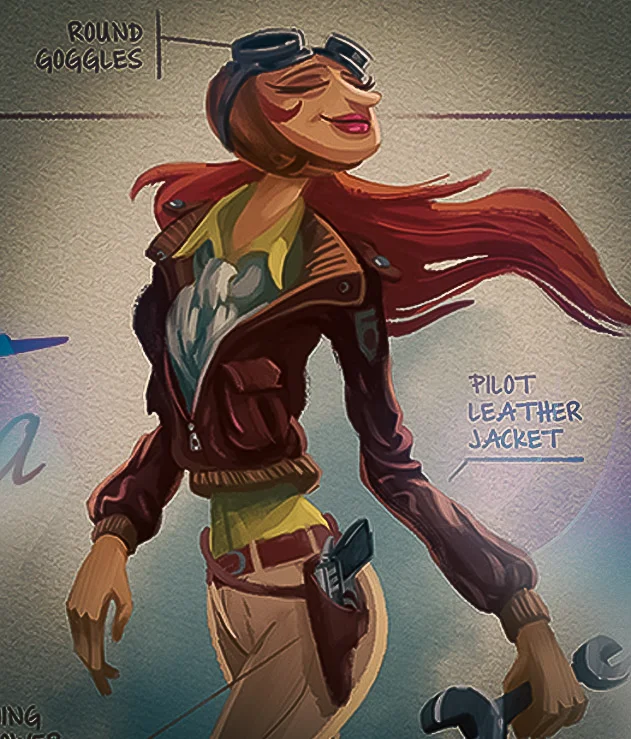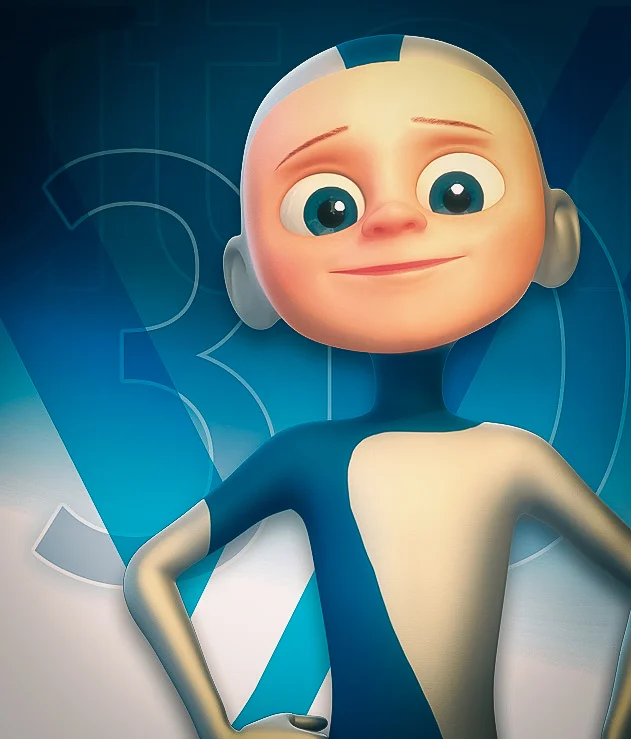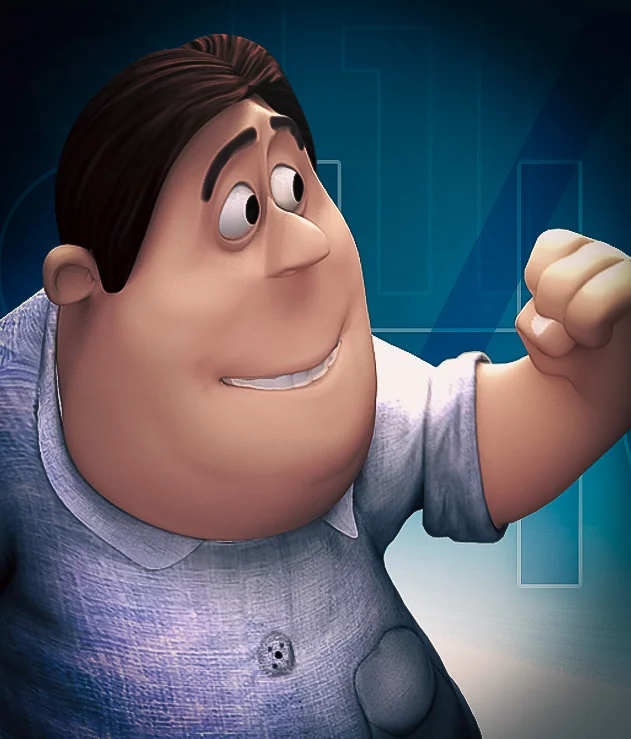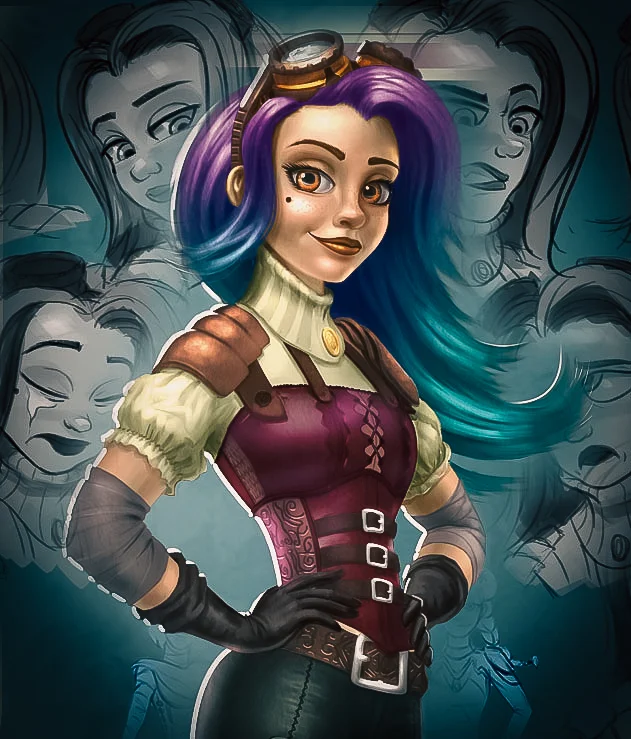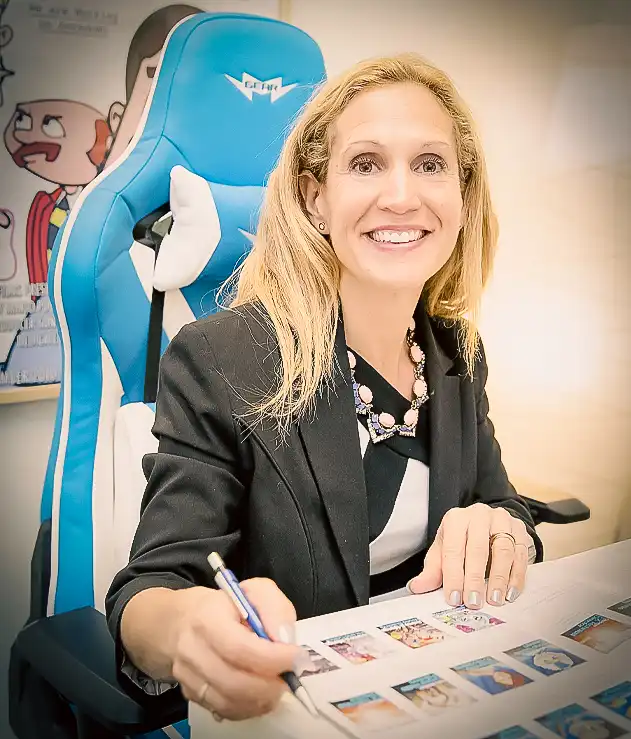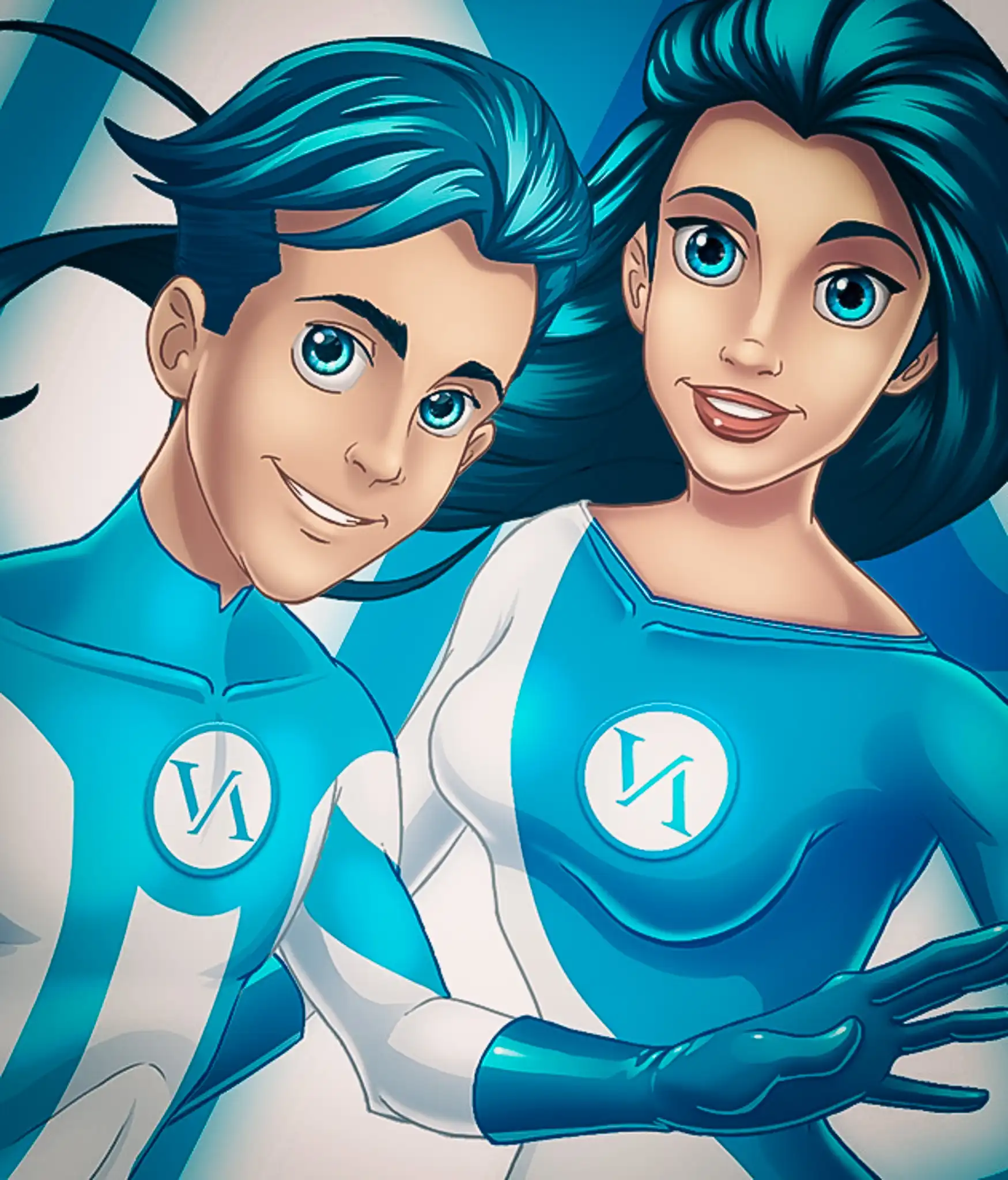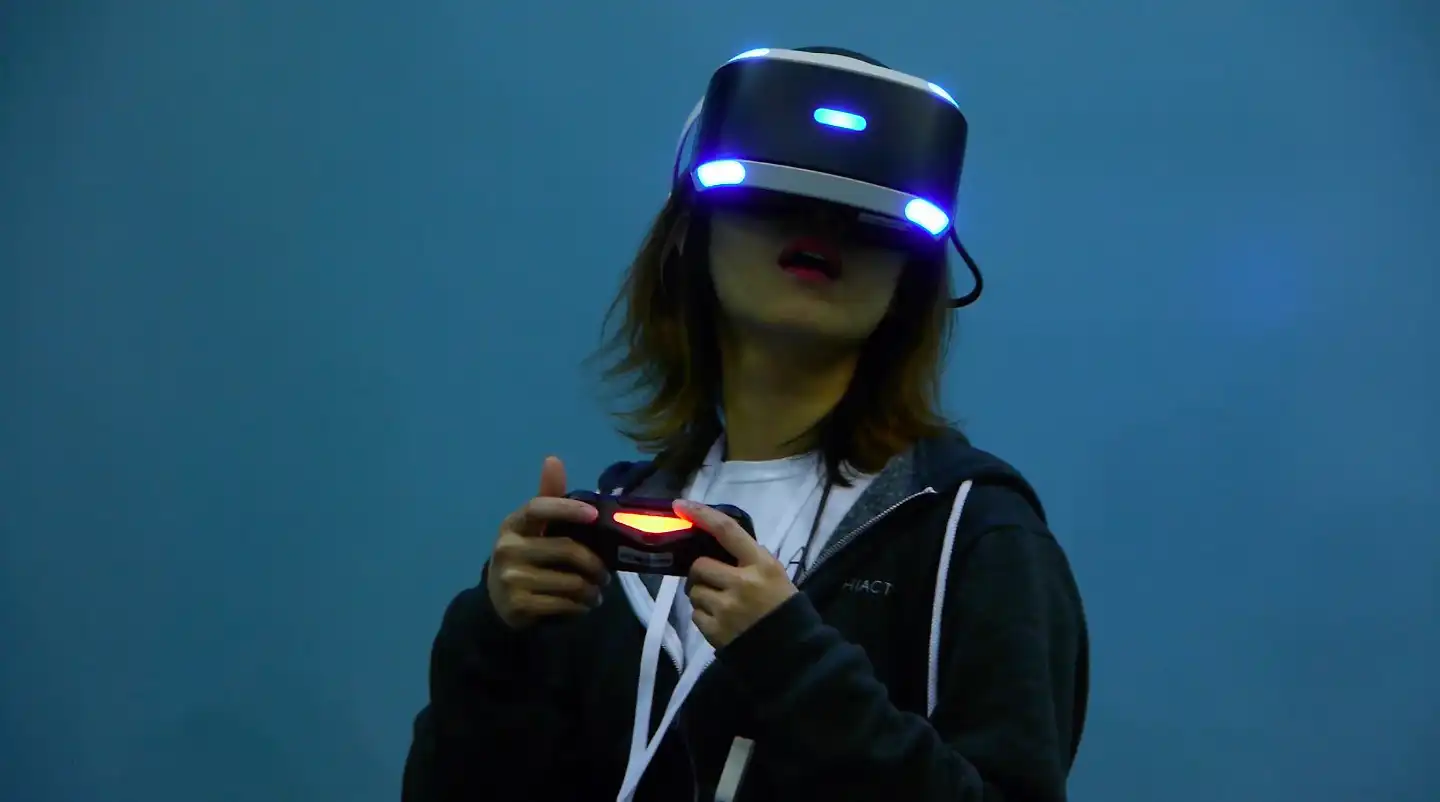
How do I Become a Virtual Reality Designer?
Virtual reality, also known as VR, is part of the digital age but is a new revolutionary concept. The technology, techniques, and tools used for VR are transformative, and the experience is unlike anything you have ever seen. The recent surge in gaming and technology serves as a powerful platform for the evolution of VR. Studios work continuously to add innovations to the gaming world. But not just video games; other sectors and industries continue to transition to VR, such as movies, architecture, healthcare, and others. As a result, a diploma in virtual reality is in high demand.
What is virtual reality?
Virtual reality is a digital world that is computer-generated. For instance, any world you know could be recreated with a computer. Think about your house, an office, a park, or a spaceship. Virtual reality designers create these worlds for people to access and have immersive experiences. That is Virtual Reality (VR).
Moreover, virtual worlds have virtual activities like cooking, dancing, exercising, and learning. So, once you enter a virtual world, you’ll be able to engage practically all your senses to believe that you are at another location or place.
How does virtual reality work, and what does it look like?
Virtual reality is accessible through designed consoles or headsets like Oculus Quest, HTC Vibe, PlayStation, and others. Everything you see or feel inside a virtual world is produced through an immersive virtual reality experience. As a new medium, some believe that VR is not realistic. However, some others believe that VR is authentic and unique. Either way, you’ll need a VR headset to access and experience virtual reality.
How do I use or experience virtual reality?
Virtual reality immersive experiences are made by specific companies and purposes. For example, headsets sold by companies like Meta (previously Facebook), PlayStation, Apple, and others can offer experiences from games, health, and travelling.
With a headset, people can access VR content, play games, chat with others, and work out in their homes.
The fantastic worlds we see in VR are produced through cutting-edge technology and by engineers and digital artists. So, whatever you enjoy most in the real world will also be available in the virtual world.
What skills should I have to become a virtual reality artist or developer?
Before studying VR, you must decide if you want to be on the technical or artistic side. For example, engineers should have basic computer science and programming skills, and artists should know about animation, concept art, and storytelling. Moreover, understanding the audience’s demand is a big plus. These digital art and technical skills are essential for producing interactive 3D worlds and experiences others will pay for.
Is it easy or challenging to learn virtual reality?
While experiencing VR is fun, learning how to create VR experiences is another matter. For instance, if you are interested in learning VR, you’ll want to become either a virtual reality developer or artist, but learning VR requires time, effort, and natural abilities. For example, if you are good with artistic aspects, focus on aesthetics. However, if you are a technical person, focus on development, programming, and other sciences.
If you are unsure of what you’re good at, take an introduction to digital arts course to find out.
The learning curve will be easier because you are using your natural abilities to learn new skills. So, if it’s easy or challenging, it depends on your traits. So, decide if you want to be either a VR digital artist or technical engineer, and then start your learning journey into producing VR experiences.
As a beginner, where do I begin to learn virtual reality?
The best place is to learn from others, but make sure they are teaching professionals. For instance, you can start by taking free or low-cost beginner VR courses on platforms like FAME and learn at your own pace. Doing so lets you see if VR is a technology you want to learn and develop for. If, after a bit of learning, all looks favorable, then you want to fast-track your education by enrolling in a longer course, like a Virtual Reality Diploma program.
Is it worth going to school to study virtual reality?
Going to school to learn VR is worth it; however, it must be at a school specializing in teaching VR. For instance, schools teach virtual reality in organized environments, but not all schools effectively deliver positive outcomes. So, when you look for schools, conduct thorough research before enrolling. By doing so, you’ll ensure to enroll and graduate from a school with the necessary VR skills and production ready, and you’ll see that it is worth going to school to learn VR.
What should I look for to become a virtual reality artist or developer in a school?
With the advent of VR, many schools offer training in this area, but just a few are qualified to provide quality VR education. Considering this, VR has been a buzzword, and many schools see an opportunity to expand their programs, but their faculty is not current with VR technology. In other words, not every school that offers VR is qualified to teach it.
During your research, look for schools in Digital Entertainment, that is, animation, visual effects, and video games, because these areas are where VR is born. Additionally, look for two key features: 1) Industry teachers and 2) School accreditation. These should be easily found on their website. Furthermore, it would be best to look at their program curricula and their focus on VR. Also, look for student reviews, portfolios, and studios that employ their graduates.
While in school, what should I do to become successful?
It’s not enough that you are enrolled at a school to learn VR; to be successful, you should consistently be a great student. For instance, many learners like to say they know things, but they don’t know that much. Therefore, their learning stays superficial, perhaps, to impress their friends. However, great students strive to learn at deeper levels and understand and master their craft. So, to become successful in your career, you can’t only be a good student but a great one.
First, start with fundamental soft skills like punctuality, taking notes, being curious, courteous, and all that important stuff. This first step is crucial; you’ll be surprised how many students don’t take it because it requires discipline, consistency, and hard work toward your goal of becoming a VR professional.
Once you grasp this first step, the second step is to follow instructions from your teachers, ask many questions, and go the extra effort in your homework assignments. That is, not only meet the requirements but do that and deliver more. You must be intrigued by VR to the point that you lose track of time. Additionally, do not only impress your teachers but impress your classmates.
Your first job will come from your network of classmates and students. Follow these two steps while in school, and you’ll be a success.
Once I graduate, what career can I expect as a virtual reality developer?
You can expect jobs in multiple fields as a VR artist and developer, but you should be proactive in marketing yourself and your skills. For example, VR is a new field; however, there are many positions for digital artists in animation, visual effects, and video games, where digital artists create VR experiences for their audiences.
But, again, these experiences revolve around films and video games. At the same time, VR applies to many new fields, such as healthcare, aviation, human resources and many others, which opens an exponential number of career opportunities. Imagine that VR is like the internet, which is used for everything and anything. So, you should consider which sector or industry you would like to develop your career for.
Whether entertainment, architecture, healthcare or other, the career choice is yours.
Is it easy to find a job in virtual reality?
Many companies are hiring VR artists and developers, but your portfolio won’t guarantee the job. For instance, remember step one of being a great student? That is your soft-skills part where you are punctual, courteous, curious, and so on. This crucial step, combined with your skills, will make you the perfect candidate for any company; you’re a keeper.
So, either easy or challenging to find a job won’t matter because there are always jobs for a talented individuals, and that’s you. And combined with your fantastic soft skills, make you the perfect hire.
Do I need to travel or move to different countries to work as a virtual reality developer?
While some companies may hire VR artists and developers onsite, others hire for fully remote positions. Consider this: VR is a fully digital product; there are no atoms or physical products. It’s all digital, meaning all the information can travel via the internet.
So, that is excellent news for those looking for remote work because it is possible to be hired from the comfort of your country, home, and local environment. On the other hand, there is an upside to traveling because you’ll get to meet other VR artists and developers who, by the way, are great at what they do, and working alongside them will make you grow and become better.
Should the need arise, a studio or company will relocate you to their offices where their product is developed. So, traveling or not, VR artists have the best of both worlds when choosing their employment options.
Will I be well-paid as a virtual reality developer?
VR is a technology field; thus, highly paid. However, a high salary should not be the only factor in becoming a VR artist or developer. According to PayScale, the starting wage for a VR artist is USD 70,000 per year. It is a high salary compared to many other fields. So, besides being an exciting and innovative industry, it’s well-paid. Still, there are other factors to consider aside from salary.
Generally, VR artists and developers are intrinsic individuals, meaning that the work they do every single day is part of their daily motivation. Think about it, on the one hand, if you are highly paid, but you don’t like your work, then you’ll eventually quit.
On the other hand, if you love your work and are well paid, you’ll stay intrinsically motivated, do great work, and lead the VR industry evolution. In other words, look for the type of projects you enjoy and a financial outcome that will sustain your career in the long run. This way, you’ll be a balanced individual producing great VR work.
How about career advancement? How do I move from junior to senior virtual reality positions?
VR digital and technical artists expect career progression as a given, but experience and soft skills are essential for career promotion. For instance, you might work at a company or studio where individuals don’t care to learn, as they perform the minimum tasks in their job requirements. They clock in and clock out without any commitment, effort, or responsibilities. However, this way of thinking would not lead to career advancement but career stagnation.
Instead, similar to what it takes to be a great student, you could be proactive to be a great employee, a professional, accountable, and reliable individual. Your teammates, supervisors, and higher-ups will notice excellent soft skills like punctuality, communication, and teamwork.
Lastly, your expertise as a VR digital or technical artist needs to grow consistently. So, stay updated with software, hardware, and related trends. Growth is your responsibility; you do it because you are intrigued, not because you’re told.
In short, be proactive in finessing your soft skills and stay updated with VR trends. Doing so will bring advancement, progress, and promotions to your professional career.

